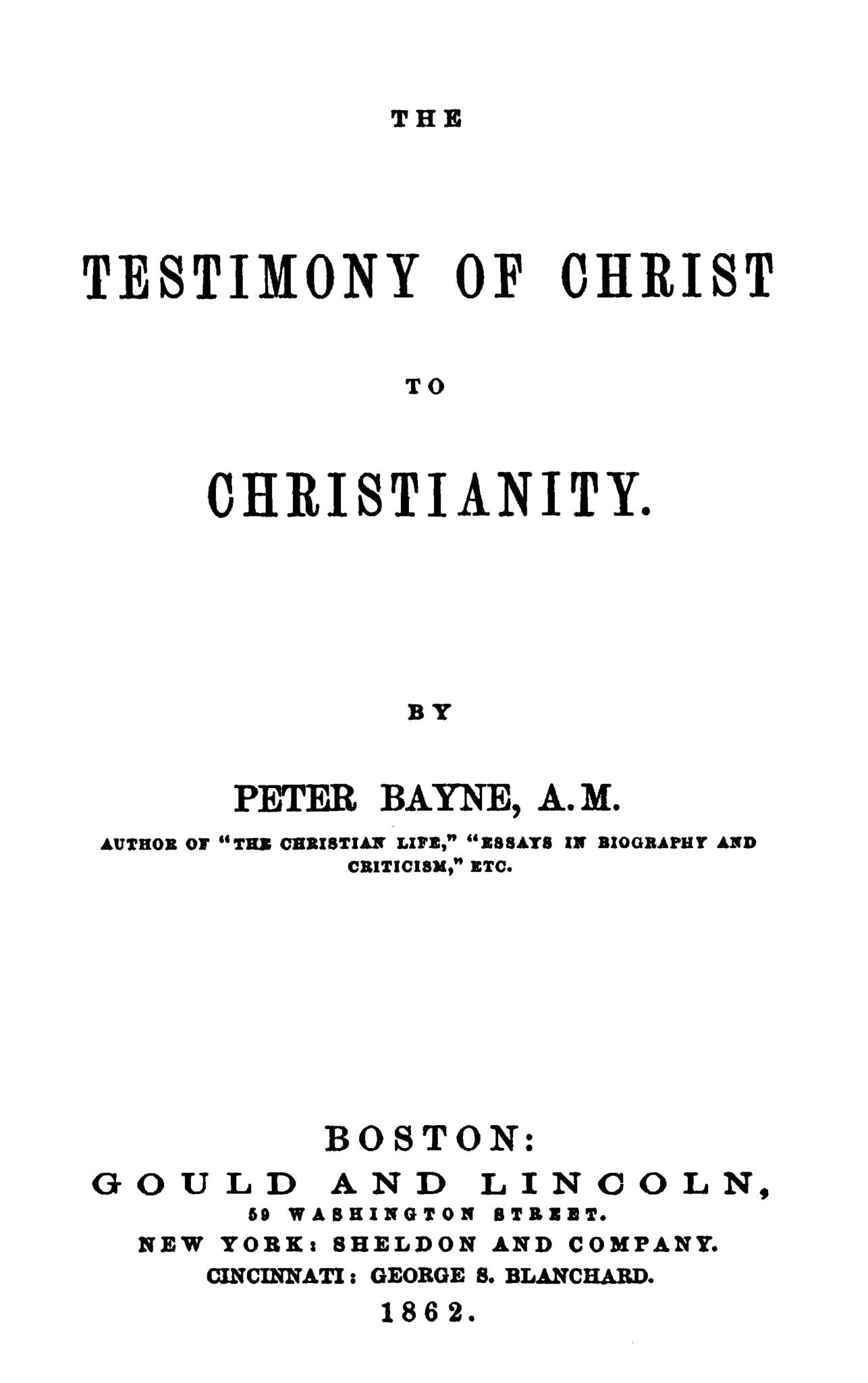Some apology is due, I think, from anyone who sets out to write yet another book on the subject of St. John the Evangelist, and a special apology is needed when the author holds not even a degree, much less a chair, in Divinity or Theology and has never been admitted to Holy Orders, even of the most minor kind. What business (the learned may naturally ask) has this fellow to hold any views upon the matter at all, or to arrogate to himself the right to sit in judgment upon me, who have given my life to the study of these subjects? But I must remind the learned reader (if any learned man should happen to read this book) that learned counsel and still more learned judges do habitually submit to the verdict of a jury, as the most eminent and expert statesmen submit not only their opinions but their whole careers to the verdict of an unlearned electorate, and it is in the explicit capacity of a juryman or ‘floating voter’ that I have ventured to write this book.
This answer to the learned is also an answer to the unlearned reader, whose complaint is merely that there is already an abundance of books upon the fourth Gospel, for I have observed, in reading some of these, that they are overwhelmingly the work of counsel for the plaintiff or the defendant—of spokesmen on the radical or conservative benches. The juryman, or the voter, is conspicuous by his absence. Few laymen, in the broad sense, of the term, have touched upon the subject at all. Sir Frederick Kenyon (a scholar, but not primarily a biblical critic) has written briefly on the Johannine question in The Bible and Modern Scholarship. Mr. Bernard Shaw, in the preface to Androcles, has touched upon the subject with both wit and shrewdness, and the historian Lord Charnwood has written a valuable book entitled According to St. John. But, for the rest, the literature of this problem has been written mainly by clergymen, university professors and the like who are, indeed, well qualified by their scholarship to set forth the evidence in the case but less well qualified, it sometimes seems to me, to find a verdict upon it.
It is not easy to describe what I mean without seeming to be offensive and perhaps unjust. Let me put it in this way. There is a world—I do not say a world in which all scholars live but one at any rate into which all of them sometimes stray, and which some of them seem permanently to inhabit—which is not the world in which I live. In my world, if The Times and The Telegraph both tell one story in somewhat different terms, nobody concludes that one of them must have copied the other, nor that the variations in the story have some esoteric significance. But in that world of which I am speaking this would be taken for granted. There, no story is ever derived from the facts but always from somebody else’s version of the same story.
Writers of books need earlier books as sources when they write ‘em.
Those earlier books, yet earlier books, and so ad infinitum.
In my world, almost every book, except some of those produced by Government departments, is written by one author. In that world almost every book is produced by a committee, and some of them by a whole series of committees. In my world, if I read that Mr. Churchill, in 1935, said that Europe was heading for a disastrous war, I applaud his foresight. In that world no prophecy, however vaguely worded, is ever made except after the event. In my world we say, ‘The first world-war took place in 1914–1918. In that world they say, ‘The world-war narrative took shape in the third decade of the twentieth century’. In my world men and women live for a considerable time—seventy, eighty, even a hundred years—and they are equipped with a thing called memory. In that world (it would appear) they come into being, write a book, and forthwith perish, all in a flash, and it is noted of them with astonishment that they ‘preserve traces of a primitive tradition’ about things which happened well within their own adult lifetime.
Adrian Howell North Green-Armytage, John Who Saw: A Layman’s Essay on the Authorship of the Fourth Gospel (London: Faber & Faber, 1952), pp. 11-15.


